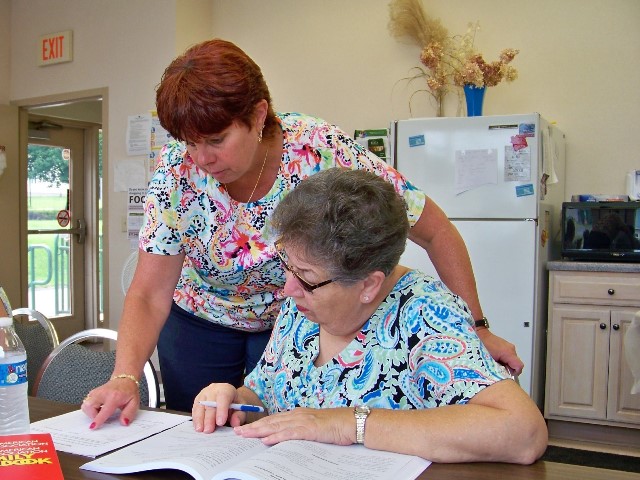President Trump will wear his salesman’s hat on Friday during his address to a den of the world’s power players, hailing America’s economic success from his first year in office rather than using the platform to chastise globalization.
Executives, entrepreneurs, and political leaders gathered at this mountainside village have been awaiting Trump’s remarks to the World Economic Forum with a sense of dread, fearing he’ll use the platform to shame global elites in the same manner he railed against them during his populist presidential campaign.
But a senior White House official tells CNN that the President will instead tout the commercial benefits of his “America First” agenda — a climate of competitive taxes and relaxed regulations — far more than dwelling on the philosophical aspects of his American First mantra.
“This speech will tout the extraordinary success of Trump’s economic model and explaining to this crowd how it’s working on trade, the economy and taxes,” the official said.
It will be a prelude, of sorts, to part of the President’s first State of the Union address next week in Washington.
Trump is not expected to address the elephant in the room — special counsel Robert Mueller and his intensifying Russia investigation — during his Davos address. On Thursday evening, it was revealed that Trump wanted to fire Mueller in June, only to be deterred when his White House counsel threatened to quit if he followed through.
Presidents often use foreign travel to distract from controversy back home and in Davos, Trump hopes to shine a spotlight on the booming US economy. But the Russia probe, which has clouded his presidency, remains front-of-mind for many in the well-read crowd here.
The Davos speech is not expected to be a finger-in-the-eye moment from Trump, the White House official said, but a departure from other high-profile appearances on the world stage where Trump has delivered a populist-driven message often criticized for reducing America’s role in the world.
Not expected in the speech is an honest discussion on trade, including how withdrawing from the Trans-Pacific Partnership has left the United States on the sidelines as the role of China and other countries rise. Earlier this week, Canadian Prime Minister Justin Trudeau used his appearance at Davos to announce the finalization of the TPP agreement — without the United States.
Trump’s speech is intended to be one part “pragmatic” and one part “triumphant,” the official said, with Trump pointing to low unemployment, a soaring stock market and a booming economy one year after taking office. Trump has taken full credit for the climate, though he inherited a rising economy from the previous administration.
Before an audience of globalists and elite business leaders, the White House official said Trump would deliver this message: “This is the best time to take business to the United States. This is where you want to expand.”
It’s the same message the president delivered personally over dinner on Thursday to a small audience of European business executives in Davos that he is trying to encourage to increase their investments in the US.
The speech is a far cry from the highly critical Davos message that Trump and many campaign advisers — like one-time chief strategist Steve Bannon — often espoused during his bid for office. Yet the remarks will be peppered with a sense of “anti-elitism,” the official said, but it is not intended to be “antagonistic.”
Trump and his aides anticipated a wary welcome to Davos by the businessmen and political leaders who flock annually to this snowy town. But instead of outright scorn, Trump was greeted by certain fascination when he strode into the Congress Center to begin meetings on Thursday.
Flocked by camera-wielding participants, Trump declared he’d already been given a warm welcome to the summit.
The trek into Davos wasn’t without its pitfalls for Trump and his team. An errant comment on Wednesday about the weak US dollar by Treasury Secretary Steve Mnuchin caused the greenback to dive in value to a three-year low. Mnuchin spent the next two days attempting to clarify his remarks.
And Trump’s pronouncement during a meeting with Israeli Prime Minister Benjamin Netanyahu that he would continue withholding aid to Palestinians only confirmed the notion that Trump will hold true to his convention-busting approach to American negotiating power.
But by and large, Trump’s visit to Davos was marked more by its conventionality than its disregard for international norms. He did not use his time here to lambast global elites, as some had feared. And during his public appearances, Trump avoided causing further rifts with the international partners he’s alienated, including British Prime Minister Theresa May.
He’s expected to sit for talks Friday with Rwanda’s president Paul Kagame, the current chairman of the African Union, a meeting shaded by the vulgar comments about African nations he made earlier this month.
He’ll depart shortly after delivering his address, and is expected back in Washington by nightfall.



